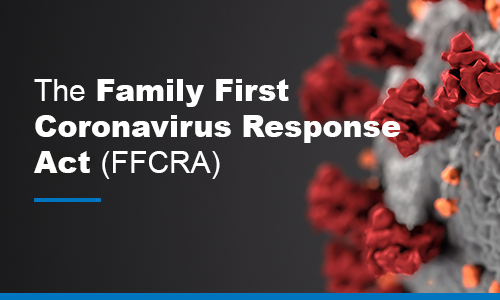BETHLEHEM, PA - A global pandemic has thrown everyday life out of routine. For parents like Lisa, staying home with three children, is placing new pressure on balancing work and home responsibilities. So much so, it cost her her job.
"Every little thing was difficult and this is the first time I’m even crying about it because you can’t do that stuff when things like this are happening ," says New Jersey mom, Lisa Motyczka, "Nobody knows what to do, everyone is scared, you can’t even go and hug your family member because everyone is terrified; nothing was the same."
Now with reopening plans resuming, many parents are scrambling to secure childcare arrangements. Recent data shows that one in five Americans have taken or plan to use paid sick or family leave protections included in the Families First Coronavirus Response Act.
"With kids home, out of school, it creates a tension for parents of children," employment attorney, David Koller, tells PBS39.
Generally, the Families First Act provides two weeks paid sick leave at regular pay for an employee unable to work because they are quarantined and/or experiencing COVID-19 symptoms and seeking a medical diagnosis, two weeks of sick leave at two-thirds pay because they need to care for someone who is quarantined or tend to a child whose care is unavailable because of COVID-19 and up to an additional 10 weeks of paid expanded leave or medical leave at two-thirds pay to care for a child whose school or childcare is unavailable for reasons related to coronavirus.
But David Koller of Koller Law Firm in Philadelphia says many employees aren’t aware of these expanded benefits...
"What I see practically from the--I’m getting calls from people every day on this stuff--is that a, people don’t know about it," Koller explains, "Employees don’t know about it or know where to get the information from and b, the scenarios that I’m seeing is where it doesn’t go so smoothly because if it did they probably wouldn’t have to call a lawyer."
Polling data from the National Partnership for Women and Families shows that over half of Americans either don’t know this sick leave benefit exists (28%) or feel they don’t qualify (24%). Lisa was among them.
"When my lawyer was telling me, I was like I’m sorry I’ve never even heard of that--I didn’t know," Motyczka says, "I felt like they used this maybe as an excuse to let me go. They clearly didn’t have any regard for me or my circumstance."
But due to a lack of outreach, business owners might not realize it’s the government, and not the business itself, that pays for extended leave. Koller tells PBS39, there are details within the Families First Act’s workplace protection that might be overlooked…
"There also could be modifications to it where it’s something similar to the FMLA where it’s intermittent leave meaning not a continuous block of a period of time but it’s like I can use a day here because of childcare issues or I could use a day here because of symptoms or health," he explains, "So there’s a variety of avenues to employees and I think it’s important for employees to ask questions and realize that no question is a dumb question because this is evolving, it’s a new statute and there is certainly going to be, I mean we are getting calls about it, so there’s definitely going to be issues with its implementation and unfortunately, litigation down the road."
The FFCRA expands paid leave options for employees through December 31st. More information about the Families First Act and employee paid leave rights are available here.




